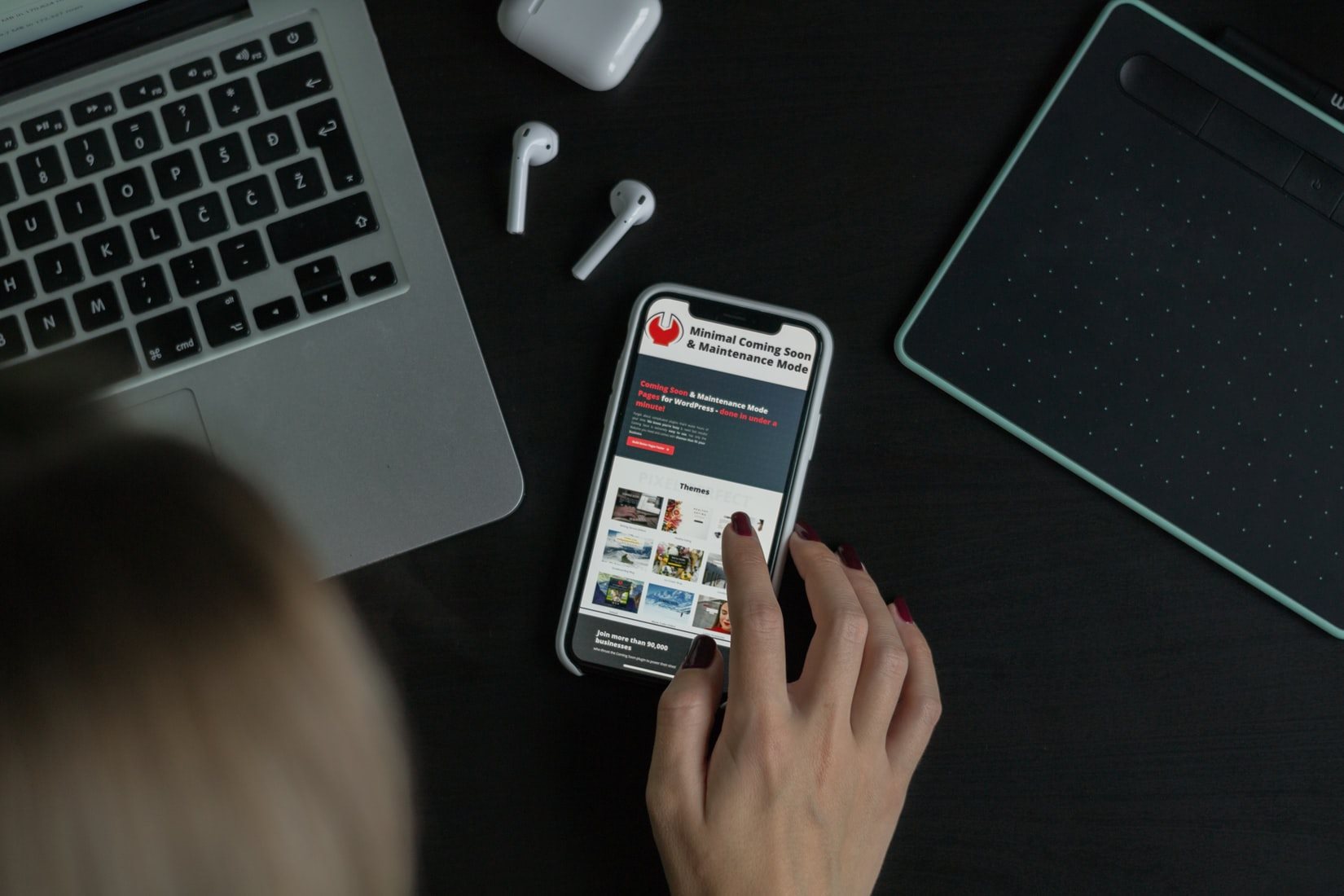
Buying online could be fun, interesting and, at times, challenging. The challenge starts when you finally made your last bid, or finally found what you were looking for and calls start to drop or your internet stalls due to a poor connection.
There are several brands and models to pick from when you are looking for a signal booster. A homeroom booster kit that covers approximately 140 sq. ft. of signal coverage can be considered ideal for a small home like an apartment or a home office offering strong signal output being affected by very few downsides.
There are also 5G ready signal booster providers offering kits with a not so wide range but designed to provide stronger signals, covering a space about the size of a large room and specialized in enhanced streaming. Other brands offer signal boosters with functionality similar to that of a homeroom signal enhancer covering three times the area, up to 460 sq. ft. with signal optimization feature that can automatically change your connection settings. This means you will not need to be fiddling around phone settings. The 5G ready devices cost more than a basic kit but perform very well making the money invested worth spending. Its automatic signal optimization feature means you’ll spend less time in your phone’s settings.
When looking for a signal booster, also consider the type of antenna, if required by the model. Outdoor omnidirectional antennas provide wide range signal boosting capabilities picking the transmission coming from any direction. This feature allows the signal to be sent across multiple rooms. Portable signal enhancers are also available in the market. These are designed more for mobility than anything else and will be able to provide you with access to your phone service depending on the area. They are also able to function in places considered dead zones. The portability in these kits allows them to be easily attached to your vehicle for when you travel to areas where signal reception is poor.
It could be safe to say that most boosters work with all the phones, whether you have Samsung or an iPhone, won’t matter. What will though is how updated your phone is. There are times when our phone signal drops and the immediate solution we turn to is checking your phone. The signal loss could be happening for several reasons, it could either be the phone battery or you simply are in a remote area.
Toggling aeroplane mode on whichever phone may restore the signal. Sometimes restarting the phone can fix many small issues. But there are cases when a phone update is required to such an end. These updates can be either released to the carrier or the phone manufacturer.
And then come what we call the last option. Removing the SIM card and then inserting it back into the phone. Doing this, in a way, refreshes the settings and may resolve the signal issues.
As it was mentioned before some signal boosting kits come with the automatic signal optimization feature putting the phone-play aside. Therefore acquiring a signal booster is the optimal solution to signal loss. Your pick has to be based on their ability to amplify signals, the size of their area coverage, carrier compatibility, ease of use and if required, portability.
A cell phone signal booster can be an essential part of your home, vehicle, or your office depending on the reception you’re getting. It can also be a great solution for many enterprises and businesses.
But if you are still not sure about what the job of a signal booster is, read through these frequently asked questions to help put your wondering at ease.
What’s the difference between a signal booster and a signal repeater?
A booster amplifies existing signals that it picks up, while a repeater only repeats them at the same signal strength. A repeater can essentially serve as a signal extender, which is useful for widening the area of your connections. Meanwhile, a booster is useful if you want stronger signals for better-quality calls and faster data connections.
Do signal boosters really work?
They do. Keep in mind that boosters can only amplify existing signals. They can’t create signals on their own, so if you go into an area that has no cell reception, signal booster won’t be of much use.
Do I need to contact my carrier before I use a booster?
Yes. In some countries, you are required by law to register your signal booster with your carrier before you use it.
Will these work in rural areas?
Yes, but an existing signal is still required. The signal can also be affected if your location is surrounded by buildings and enclosed areas.
Do cell phone signal boosters need Wi-Fi?
They don’t. Cell signal boosters can broadcast amplified signals on their own through the indoor antennas that they come with.
Once more, you decide which model to acquire, to keep you from losing your signal and the solution is at hand – your hands.